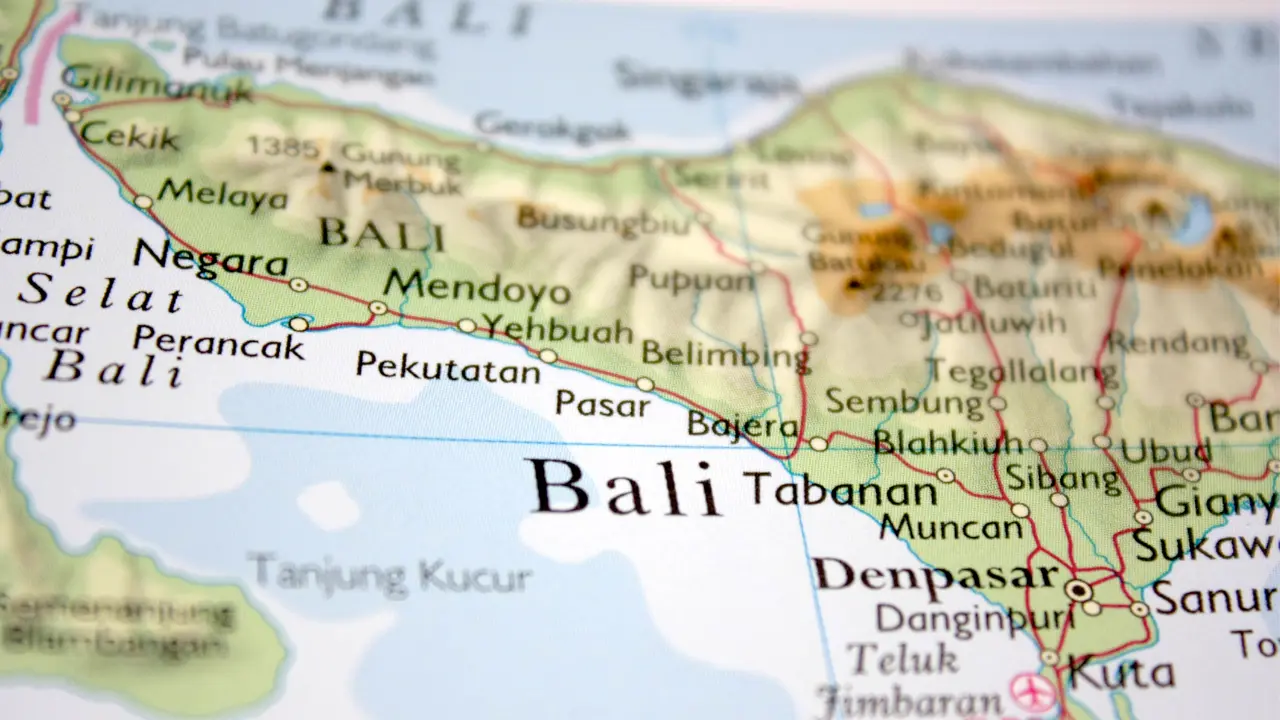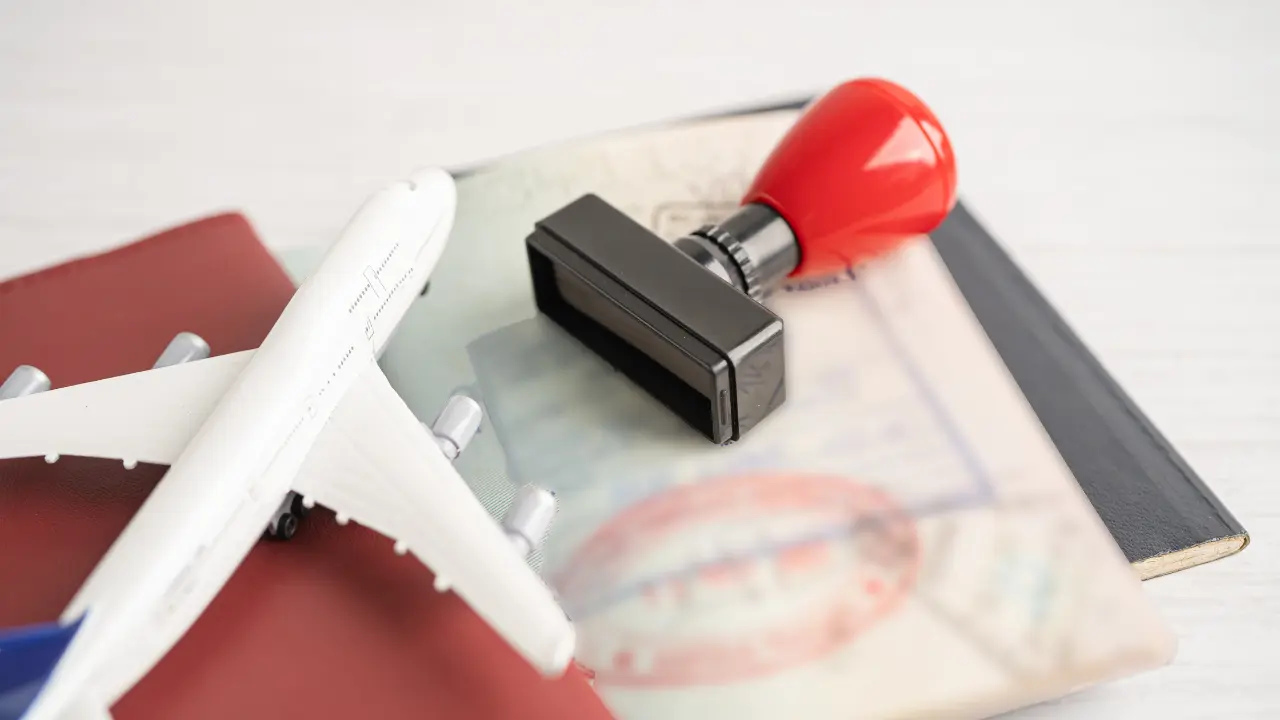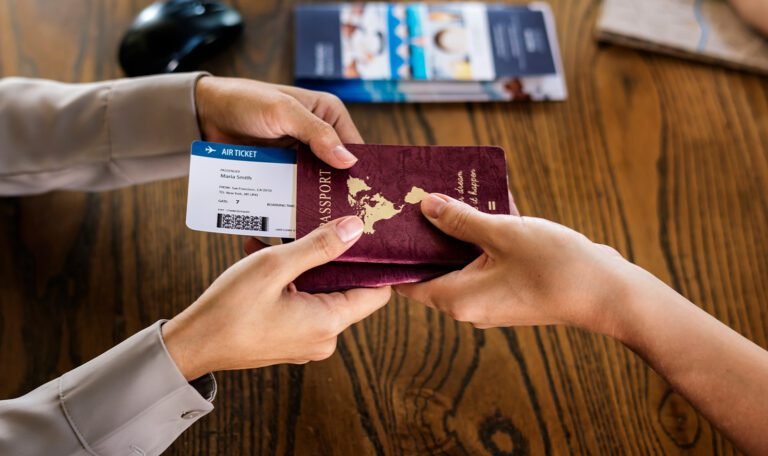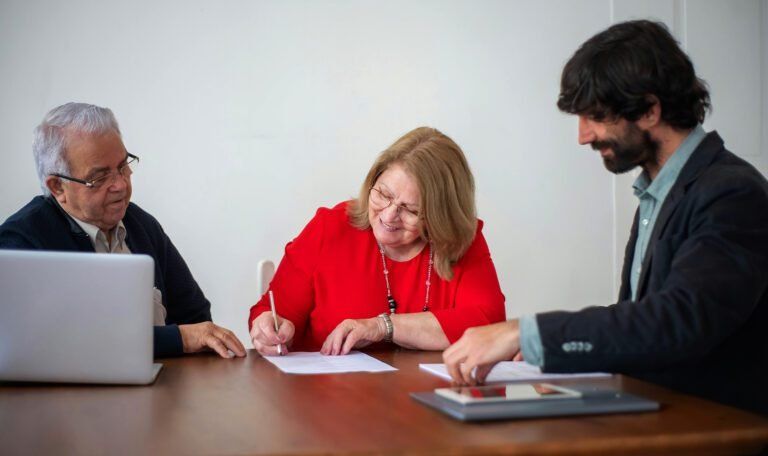Table of Contents
ToggleWhen it comes to moving to Bali and living on the paradise island, a few administrative things have to be thought ahead to avoid any legal and tax issues.
This article offers a comprehensive guide for individuals considering a move to Bali. We break down the essential administrative steps to ensure your seamless and compliant transition.
We’ll cover everything from choosing the right visa and securing a property before you arrive, to the crucial post-arrival processes of opening a bank account, obtaining your residence card and tax number, and understanding your annual tax obligations.
At ILA Global Consulting, our extensive experience in Indonesian immigration law allows us to simplify this complex process for our clients. We possess a strong comprehension of the regulations, ensuring your visa needs are met efficiently and without hassle.
Our services have successfully assisted countless foreign visitors in Indonesia, contributing to their problem-free and compliant stays.
What to Prepare Before Moving to Bali?

Moving to Bali is an important decision, and you need to prepare the documents carefully to move to Bali carefully. Therefore, it is crucial to take some action before moving.
1. Choosing the Right Visa Before Moving to Bali
Before taking any visa, we strongly recommend consulting with a visa expert or ILA. Indonesia divides the type of visa into three categories:
- Temporary stay permit
- Limited stay permit, which is a residence permit (KITAS)
- Permanent stay permit (KITAP), which can be applied for after 5 years in a row with the same KITAS
If you think of moving to Bali and obtaining residency in Indonesia, we strongly recommend applying for a KITAS. There are several reasons:
- Ability to open a bank account
- Not having to go out and in every 6 months
- Ability to buy a car or motorbike
- Obtaining tax residency
- Import of your personal belongings
The right visa depends on the purpose of your stay in Bali. Defining the best visa now would make no sense.
Indonesia offers various types of visas, including those for remote workers, investment, work, second-home residency, retirement, parent visa, child visa, and dependent visa, among others.
The most commonly used are the investor KITAS, working KITAS, and remote worker KITAS in terms of residency.
For a temporary stay, we recommend the D12 Visa, which is valid for either 1 or 2 years, with a maximum stay of 6 months per visit. This visa is also a multiple-entry visa; it allows you to re-enter Indonesia after leaving and returning.
2. Checking with the Importer
Suppose you plan to move to Bali, or another region of Indonesia, and you are bringing your personal belongings.
We strongly recommend checking with the importer what type of visa you need. Some importers have difficulty waiving the tax if the client has no working KITAS.
3. Choosing the Right Property for Stay
Before moving to Bali, you may have already looked for a property where to stay when you arrive. Unfortunately, Bali doesn’t offer many options for monthly rentals.
Most of the properties on the market are for long-term lease or yearly lease. Before engaging in any contract, we strongly recommend that you review the contract by a lawyer or ILA and ensure you conduct proper due diligence. Never pay a deposit before a firm contract.
Key Terms for Moving to Bali: Before You Arrive
| Term | Definition |
|---|---|
| KITAS | A Limited Stay Permit (Kartu Izin Tinggal Terbatas), which is a residence permit for foreigners in Indonesia. It allows for an extended stay and is a step towards becoming a permanent resident. |
| KITAP | A Permanent Stay Permit (Kartu Izin Tinggal Permanen). This can be applied for after five consecutive years with a KITAS and grants long-term residency. |
| D12 Visa | A type of multiple-entry visa valid for one or two years. It allows for a maximum stay of six months per visit, after which the holder must leave and re-enter Indonesia. |
| Long Term Lease / Yearly Lease | Rental agreements in Bali that are typically for a period of one or more years, in contrast to short-term monthly rentals which are less common. |
Your Visa Process Made Easy with ILA
Indonesia has so many visas to choose from, each with its own requirements, regulations, and duration. With more being issued by the government, it can be hard to keep track and choose one that is right for you.
With the help of ILA, you can be assured that you’ll receive the best visa for your needs as quickly and efficiently as possible, without worrying about any missing documents.
Whether you’re looking for an Investor KITAS, Working KITAS, Second Home Visa, Spouse KITAS, Multiple Entry Business Visa or Remote Worker Visa, we can help make the process efficient and smooth.
Schedule a free consultation today or learn more about the different visa options.
What to Do After Moving to Bali?

Now that you have arrived in Bali, it is time to complete the administrative steps to ensure you stay compliant with the regulations and immigration rules.
1. Opening Bank Account with Your KITAS
If you came to Indonesia with a visa eligible for the stay permit, you will obtain your KITAS once you pass the border. At ILA, we send your KITAS on the first working day following your arrival.
Once you obtain your KITAS, you are now eligible to open a bank account in an Indonesian bank and get a debit card. The Indonesian bank system is easy, and you can obtain your card and bank account in the same hour, directly at the branch office of the bank you chose.
Some banks, such as OCBC, offer multi-currency accounts, similar to those offered by CIMB, Mandiri, and BNI.
2. Get Your Residence Card (SKTT)
After you obtain your KITAS, it is essential to apply for your SKTT. This document will give you a NIK number, which is a national identification number.
It is used for administrative purposes, such as purchasing a motorbike or a car. This document is obtained after filling out a police declaration near your domicile and receiving the domicile letter from the Banjar. We can at ILA Global Consulting help you obtain your SKTT.
3. Get Your Tax Card (NPWP)
For people living in Indonesia and wishing to obtain their tax residency, the next step is to apply for an NPWP (Tax number).
The bank also uses this tax number for administrative purposes and for certain sales and purchases. It can be obtained online or from the nearest tax office.
4. Get Your Driving Licence
If you want to drive in Indonesia, you have to obtain a local SIM card (driving license). This is valid for 1 year or 5 years with a KITAP.
There is a driving license for each type of vehicle you plan to drive. Contact us to know more and to obtain it.
5. Filling Your Tax Report Annually
Now that you are a resident and have a KITAS in Bali, you need to file your taxes every year. Filing the tax is compulsory, meaning even if you made no income in Indonesia, you still need to file your tax between January and March following the fiscal year. We can assist you at ILA to fill out your personal income tax.
6. Renew and Update Your KITAS
One of the most significant issues people may face is forgetting to update their KITAS each time they change residence or property.
The government and immigration requires you to update your SKTT and KITAS address each time you move to another place. It is also mandatory to provide your latest one if you want to renew your stay permit.
For the renewal of your KITAS, it has to be done at least 30 days before it expires. We recommend that you think about it at least 2 months before the expiry date indicated on your KITAS.
Key Terms for Living in Bali: After You Arrive
| Term | Definition |
|---|---|
| SKTT | A temporary residence card (Surat Keterangan Tempat Tinggal) that foreigners with a KITAS must apply for. It is issued by the Civil Registry Office. |
| NIK | Nomor Induk Kependudukan (Population Identification Number). A unique, 16-digit national identification number assigned to all residents, including foreigners with a KITAS. It is a key number for administrative purposes like buying a car or getting a tax number. |
| NPWP | Nomor Pokok Wajib Pajak (Tax Number). A unique tax identification number required for anyone living in Indonesia who wishes to be a tax resident. It is used for bank accounts and other administrative and tax purposes. |
| SIM Card | Surat Izin Mengemudi (Driving License). This is the local driving license required to legally operate a vehicle in Indonesia. Different classes (e.g., SIM A, SIM C) exist for different types of vehicles. |
| EPO / ERP | EPO (Exit Permit Only) is the process to cancel a KITAS before leaving Indonesia for good. ERP (Exit Re-entry Permit) is a similar process for canceling a KITAS after you have already left the country. |
What if You Go Back to Your Country?
If unfortunately you decide to leave Bali for any reasons and plan to not be resident anymore, we recommend that you cancel your NPWP and your KITAS.
To avoid any legal or tax liabilities, you must properly cancel your KITAS and tax card. This process is known as EPO (Exit Permit Only) if completed before you leave Indonesia, or ERP (Exit Re-entry Permit) if you cancel it after your departure.
For a seamless and worry-free departure, trust the experts to handle the process of cancelling NPWP and KITAS for you. Contact ILA Global Consulting today to ensure that your exit permit and tax card cancellation are completed correctly, as this will impact your future legal status in Indonesia.























